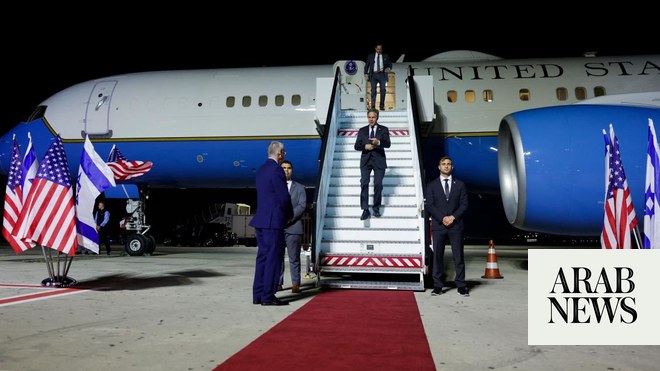
Dominic Raab, the foreign secretary in charge of the newly merged Foreign, Commonwealth and Development Office, has moved to quash reports that the government will ditch its statutory commitment to spend 0.7% of gross national income (GNI) on aid.
There have been persistent reports that the chancellor, Rishi Sunak – facing a need to raise taxes to plug a budget hole – wishes to scrap the law, so releasing cash earmarked for poverty reduction to the Ministry of Defence to build advanced new weapons, including drones.
Asked if the 0.7% target remained, Raab told reporters: “Absolutely. It’s a manifesto commitment, it’s written into law ... and as the PM has said, we want the aid capacity, the development expertise we’ve got, to be the beating heart of this new department.”
Asked if there would be any dilution of the 0.7% commitment, Raab said: “We are here, day one, we are committed to it. It is in law, it is part of our manifesto.”
Later, in the Commons, asked to give an undertaking that he would resign if that manifesto commitment were broken, he declined to do so.
He said the suggestion that the Ministry of Defence wanted to grab some of the FCDO budget was colourful tittle-tattle, and did not reflect any conversations he had had across government.
But he did not deny that further budgetary discussions lay ahead as part of the spending review and the integrated foreign defence and security review.
On 22 July Raab wrote to the foreign affairs select committee to say the projected 9% overall fall in GNI this year, caused by a coronavirus-led recession, meant the government would slash £2.9bn from the £15.8bn overseas aid budget in 2020. Over the past three years, the Foreign Office, the business department and the defence ministry have got their hands on larger parts of the aid budget, and Raab seemed to suggest there was still scope for the aid budget to be redistributed.
Sunak is said to believe the limits are being reached in the ways in which the definitions of aid can be broadened to include security without breaching the statutory definition of aid set by the Organisation for Economic Cooperation and Development (OECD), the body that classifies official development assistance.
The speculation about the aid budget hardly helped the Foreign Office’s efforts to describe the new department on its first day as “a force for good”. Many senior diplomats had tweeted that the commitment to 0.7% was a central part of the newly formed department, so Sunak clearly has a struggle on his hands, including among some Conservative backbenchers and the former prime minister, David Cameron, to ditch the commitment. Such a move would require primary legislation.
The former international development secretary Anne-Marie Trevelyan was given no place in the newly formed department when the ranks of the remaining eight ministers were announced. Raab nevertheless described her as a dedicated colleague.
Raab also revealed that he would maintain the aid watchdog, the Independent Commission for Aid Impact, and, following advice from the former international development secretary Andrew Mitchell, Raab has decided to expand its mandate to offer positive policy recommendations, rather than simple critiques of programmes.
Nick Dyer, acting permanent secretary at the Department for International Development, has been appointed special envoy for famine prevention and humanitarian affairs, Raab revealed. He has also appointed the former DFID chief economist, Stefan Dercon, as his adviser on aid.
Raab has already appointed Sir Philip Barton, the former High Commissioner to Pakistan, as the new permanent secretary for the department and Sir Tim Barrow, the former UK ambassador to the EU and an expert on Russia, as the new political director.
Raab promised the revised departmental budget would remain focused on poverty reduction for the “bottom billion”, as well as tackling climate change and reversing biodiversity loss, championing girls’ education, UK leadership in the global response to Covid-19, and campaigning on issues such as media freedom and freedom of religious belief. He has been less explicit about the location of the £2.9bn cuts to this year’s aid budget.












